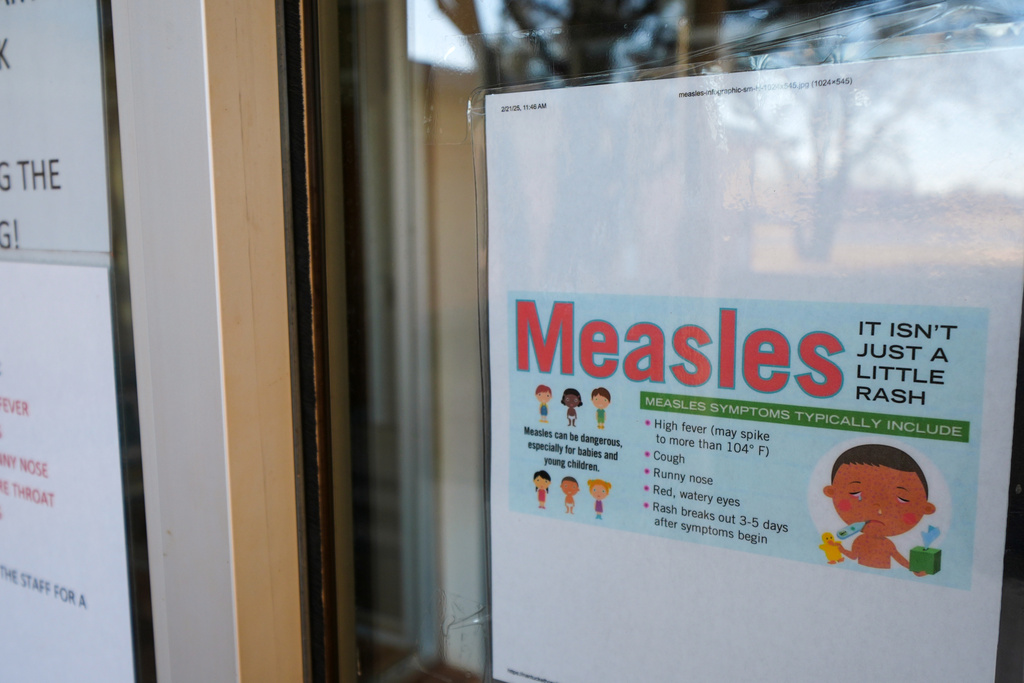A Vermont utility company says it found malicious computer code on one of its devices.
The code was found on a laptop and is allegedly tied to "Grizzly Steppe." That's what the Department of Homeland Security calls a Russian operation linked to several hacks during the U.S. election.
A report from The Washington Post erroneously said the hackers had gained access to the U.S. electric grid, which set off a slight wave of hacking hysteria.
But the utility company clarified the code was found on only one laptop and that laptop wasn't connected to any of the grid systems — now, it's working with federal officials to prevent any future breaches.
Vermont's public service commissioner also emphasized the Friday hack did not threaten the power grid.
Though we don't know how the code got there or why, attempted hacks on the U.S. electric grid aren't uncommon. It suffers more cyberattacks than any other piece of American infrastructure.
If a hack is successful and the system goes down, it's bad news for U.S. medical, emergency and utility services. That's why the grid is constantly monitored and protected.
In a statement, Vermont's governor said the U.S. government should "conduct a full and complete investigation" to make sure something like this never happens again.
The U.S. said last week it will sanction Russia for hacks that it says compromised the Democratic National Committee and Hillary Clinton's presidential campaign. It also ordered 35 Russian officials to leave the U.S.
Editor's note: This story has been updated to clarify that we don't know whether the malicious code was ever intended to disrupt the electric grid.




 What Will Russia Do With Unreleased Hacked Data?
What Will Russia Do With Unreleased Hacked Data?






